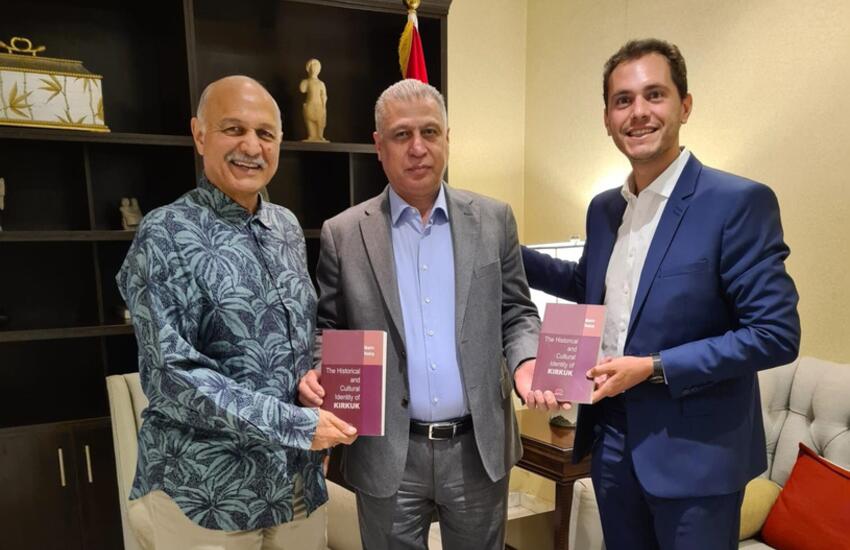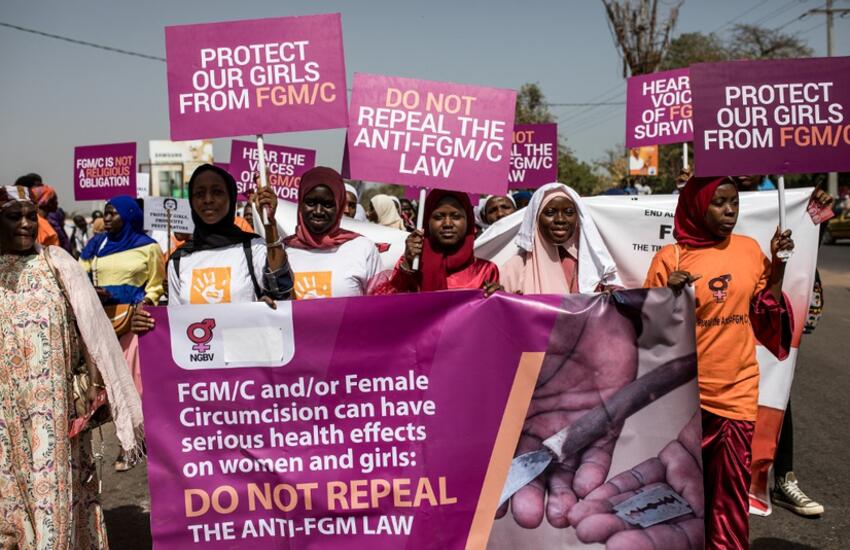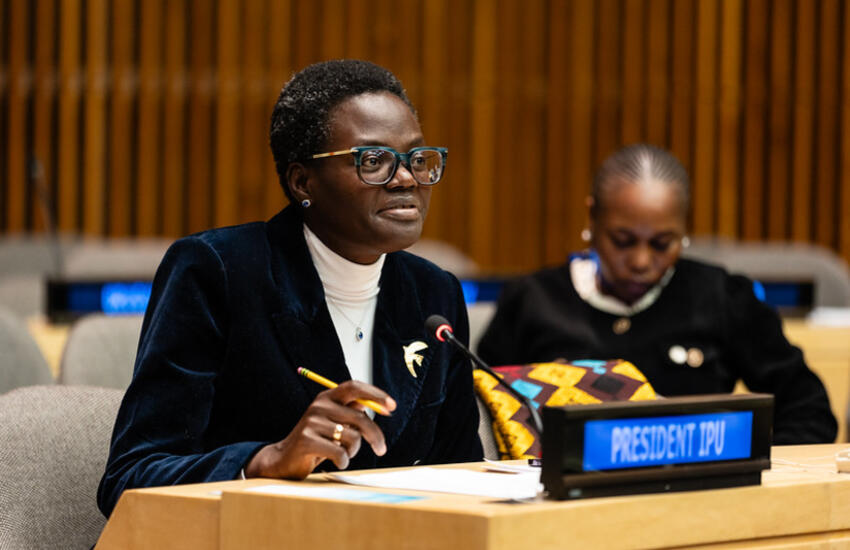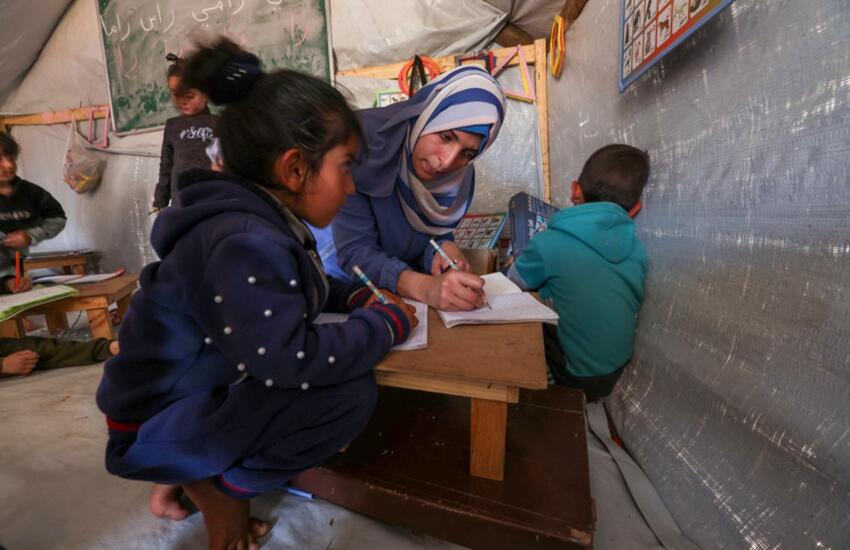Dr Nada Ibrahim is a member of the Iraqi Council of Representatives for the Iraqi National Dialogue Front, a Sunni party. First elected in December 2005 under the newly adopted Iraqi constitution, she is now serving her second term as an MP. She has lived all her life in Iraq and as a doctor has seen first-hand the effect of sanctions and years of conflict on the country.
Q&A
What causes and interests have been of particular concern to you as an MP?
Before I was an MP I established an NGO—Iraqi Organization for Women and the Future—so my main concern when I became a member of parliament was women’s issues. I think the marker for democracy for any country is women’s rights before anything else. I also campaign for people suffering human rights abuses and discrimination, as well as on behalf of prisoners and their families.
What issues specific to women have you tackled since becoming an MP?
Due to the conflict and violence in Iraq, we have one million widows, so I have been involved in setting up programmes to empower women and help them support their families.
What role have electoral quotas played in Iraq?
Without the quota system we wouldn’t have 82 (out of 325) women MPs in Iraq. In our society there is no other way to preserve the participation of women. Even with a quota system it is a struggle. In the last parliament there were five women ministers. This time round not a single party nominated a woman to become a minister. Similarly, there are no women MPs involved in the conflict negotiations. But this hasn’t historically been the case—we had the first Iraqi woman minister in 1958. I hope women can win one day with or without the quota system.
How has IPU helped you in your work as an MP?
The Assemblies I have attended reassured me as a female MP that there is a big community with me and I am not alone—which is very important when coming from a country where we face discrimination and violence. It is also extremely helpful to meet MPs from advanced parliaments and to learn the steps and processes they went through to achieve progress.
Have you felt threatened by violence in your work?
I was a victim of the first terrorist attack on the parliament in 2007. It was a very difficult moment. My immediate thought having survived the attack was that I wouldn’t continue as an MP. However, very quickly I decided to carry on and serve my people. We have a fragile security, which not only makes it difficult to run the country but also threatens our unity.
Is parliament being effective in trying to unite the country?
There is great motivation for unity but each party has its own agenda and there is the extremist thinking in many groups about being Sunni and Shiite. However, there is a group of parliamentarians working towards unity as a goal and I think they will succeed. The Iraqi people don’t care who governs Iraq—they want peace, jobs, services and schools. They don’t want conflict—they just want a normal life.










